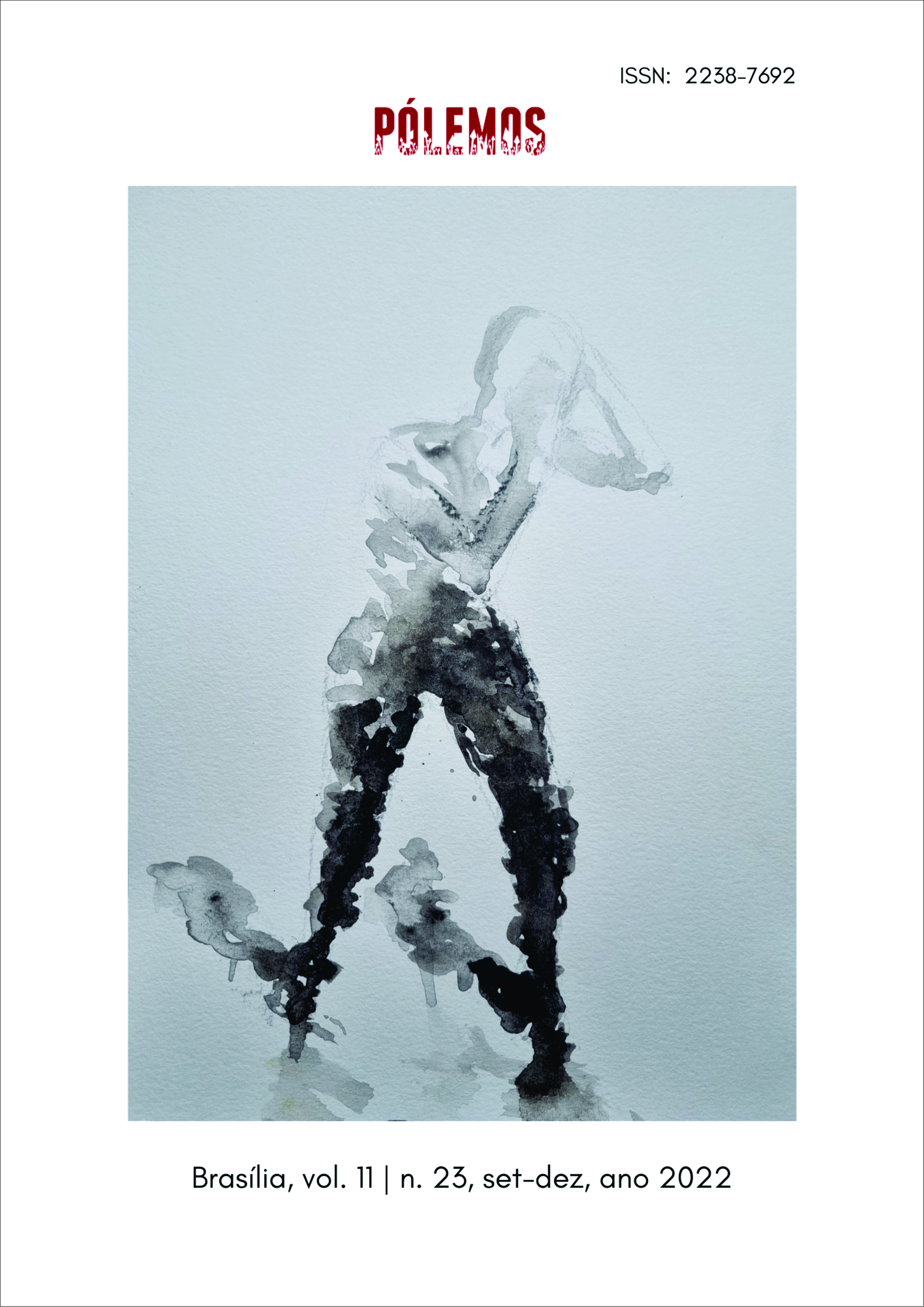THE CONSTITUTION OF DEMOCRACY ACCORDING TO JOHN RAWLS'S THEORY OF JUSTICE
DOI:
https://doi.org/10.26512/pl.v11i24.46245Keywords:
Democracy. Public reason. Justice. Policy.Abstract
The theory of John Rawls (1921-2002) updates and expands the contractualist thought of Hobbes, Rousseau, Locke, Kant in what is understood as the transition from the state of nature to the state of society that is the contract. The contract and in the Rawlsian model, can be understood in three fundamental points. First, it appears that it is through him that the passage from the state of nature to the state of society is established, as previously exposed. The second fundamental point is the establishment of public rules accepted by all and that seek to guarantee the survival of human beings in a harmonious way. The third fundamental point refers to the presentation of a more general conception of justice that updates, in terms of abstraction, the theory of the social contract. Rawls does not seek justification for the common good, but for what is fair. The result of this undertaking is the achievement of a deliberative democracy where social life is regulated by and for whom it is by law: the people. In Rawls, the abstract idealization of social life is expanded in relation to the contractualist conception due to the fact that in the Rawlsian abstraction what is sought is the establishment of a universal criterion of justice.
Downloads
References
GONDIM, Elnora; RODRIGUES, Osvaldino Marra. Rawls e a justiça como eqüidade: um esboço. Revista Diversa, Porto Alegre, v. 2, 2009, p. 131-146. ________. “Rawls e a herança de Hobbes: divergências e convergências – um esboço”. INTUITIO, Porto Alegre, n. 1, pp. 19-34, junho, 2008.
GONDIN, Elnora. JOHN RAWLS, CONSENSO SOBREPOSTO E O PLURALISMO RAZOÁVEL: CRÍTICAS DE CHANTAL MOUFFE. Perspectiva Filosófica, vol. 48 n. 2, 2021.
________. Rawls: contratualismo, construtivismo e coerentismo. Paralaje, N. 3, 2009, p. 138-152.
LIRA, William Tavares de. A teoria política de John Rawls: o procedimento da razão pública como proposta metodológica para uma educação cidadã. Orientadora: Elnora Maria Gondim Machado Lima. 2001. Dissertação (Mestrado) – Mestrado Profissional em Filosofia, Universidade Federal do Piauí, Teresina, 2021. Disponível em: https://educapes.capes.gov.br/bitstream/capes/642706/2/DISSERTAC%cc%a7A%cc%83O%20William%20Tavares%20final.pdf. Acesso em: 15 de novembro de 2022.
OLIVEIRA, Nythamar. Rawls. Rio de Janeiro: Zahar, 2003.
OLIVEIRA, M. A. Ética e Sociabilidade. São Paulo: Loyola, 1996.
OLIVEIRA, Neiva Afonso. Rousseau e Rawls: contrato em duas vias. Porto Alegre: Edipuc, 2000.
OLIVEIRA, N. F. “Justiça e tolerância segundo Rawls”. In OLIVEIRA, N. F. (Org.); SOUZA, D. G. (Org.) Justiça e Política: homenagem a Otfried Höffe. Porto Alegre: EDIPUCRS, 2003, pp. 431-449.
RAWLS, John. Uma Teoria da Justiça. São Paulo: Martins Fontes, 1997.
________. O Liberalismo Político. São Paulo: Ática, 2000.
________. Justiça como equidade. Uma reformulação. São Paulo: Martins Fontes, 2003.
Downloads
Published
Issue
Section
License
Copyright (c) 2023 PÓLEMOS – Revista de Estudantes de Filosofia da Universidade de Brasília

This work is licensed under a Creative Commons Attribution-NonCommercial-NoDerivatives 4.0 International License.
Todos os trabalhos que forem aceitos para publicação, após o devido processo avaliativo, serão publicados sob uma licença Creative Commons, na modalidade Attribution-NonCommercial-NoDerivatives 4.0 International Public License (CC BY-NC-ND 4.0). Esta licença permite que qualquer pessoa copie e distribua a obra total e derivadas criadas a partir dela, desde que seja dado crédito (atribuição) ao autor / Ã autora / aos autores / às autoras.


